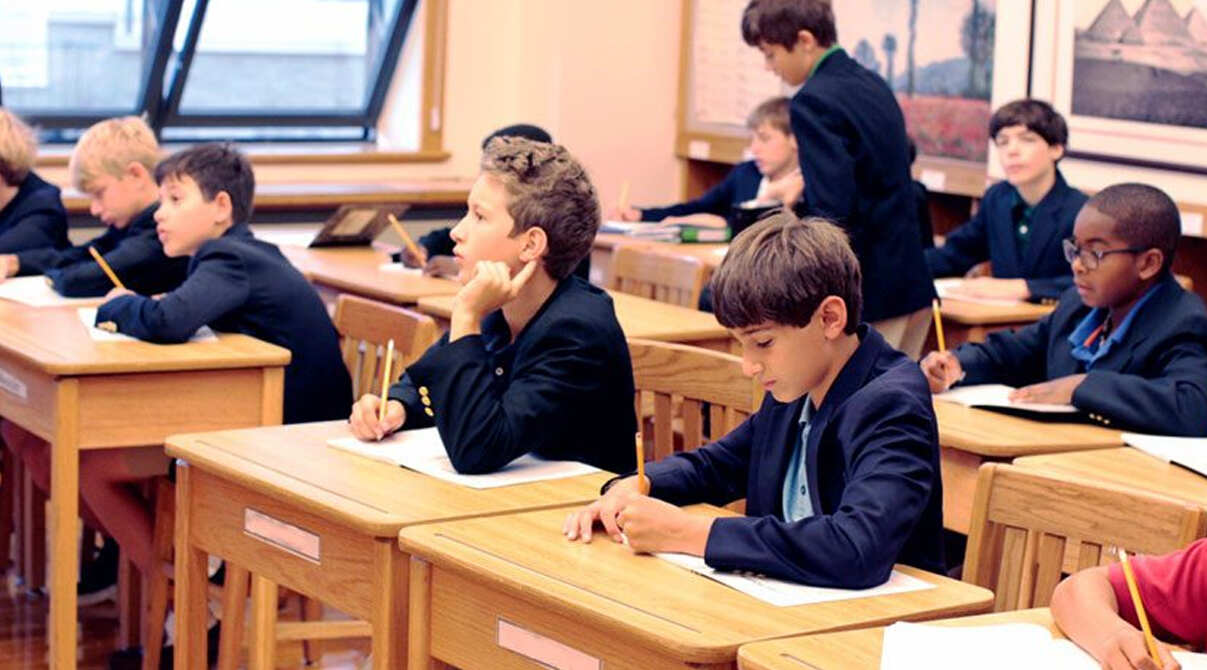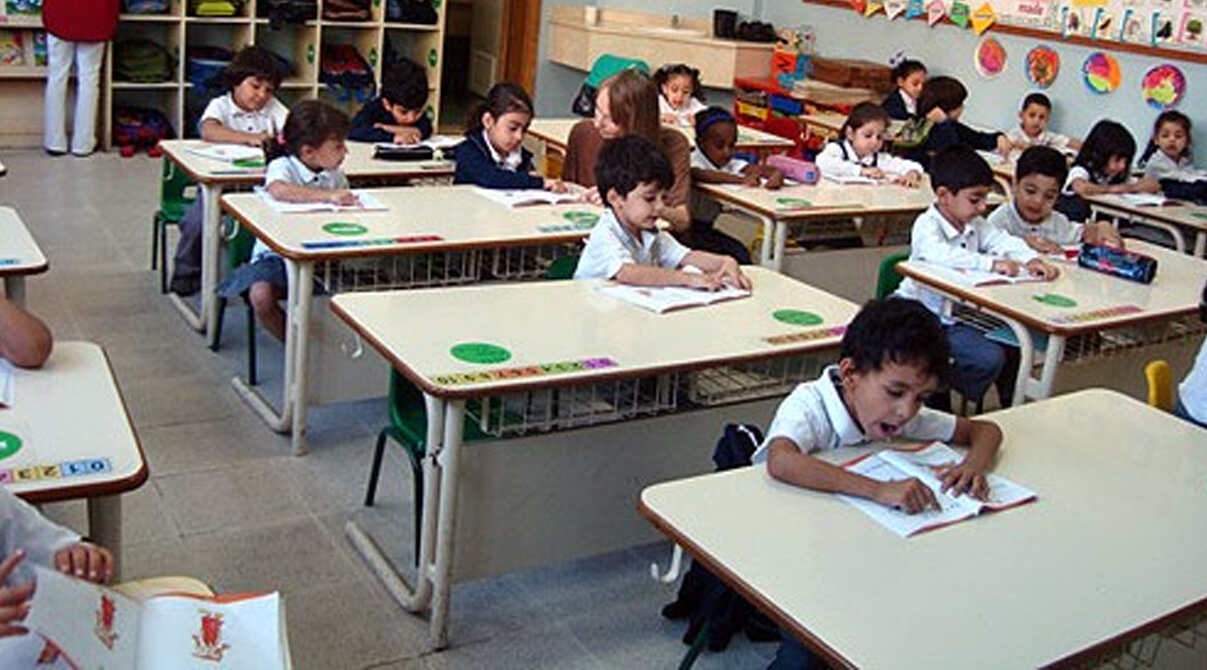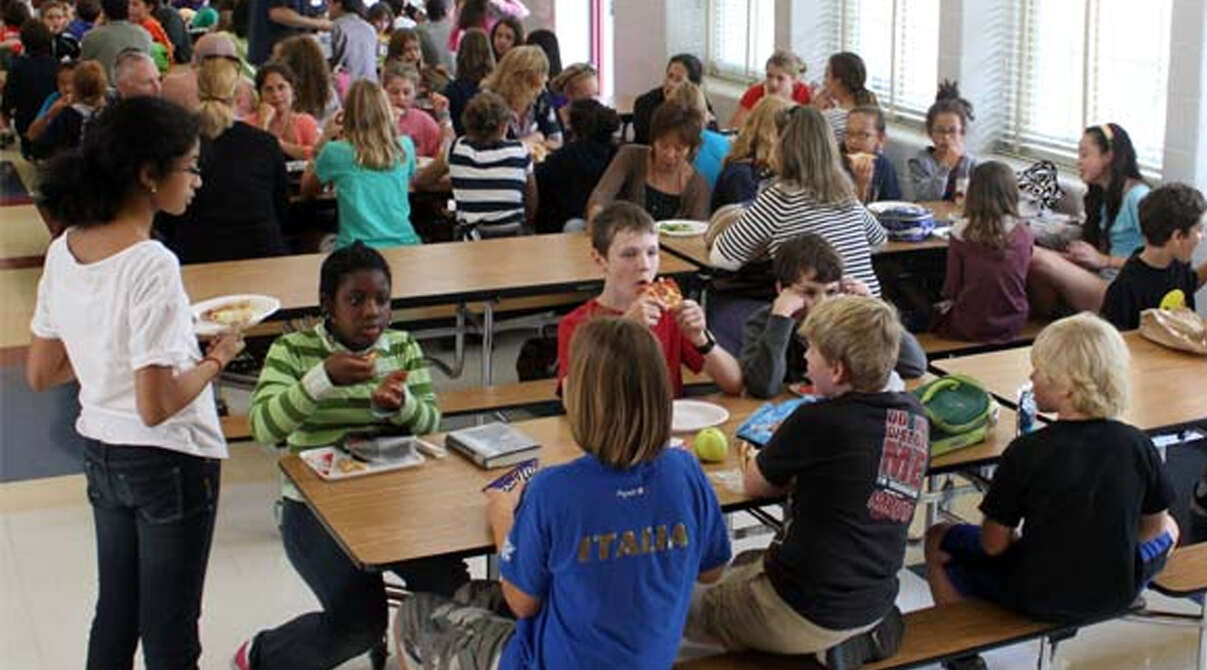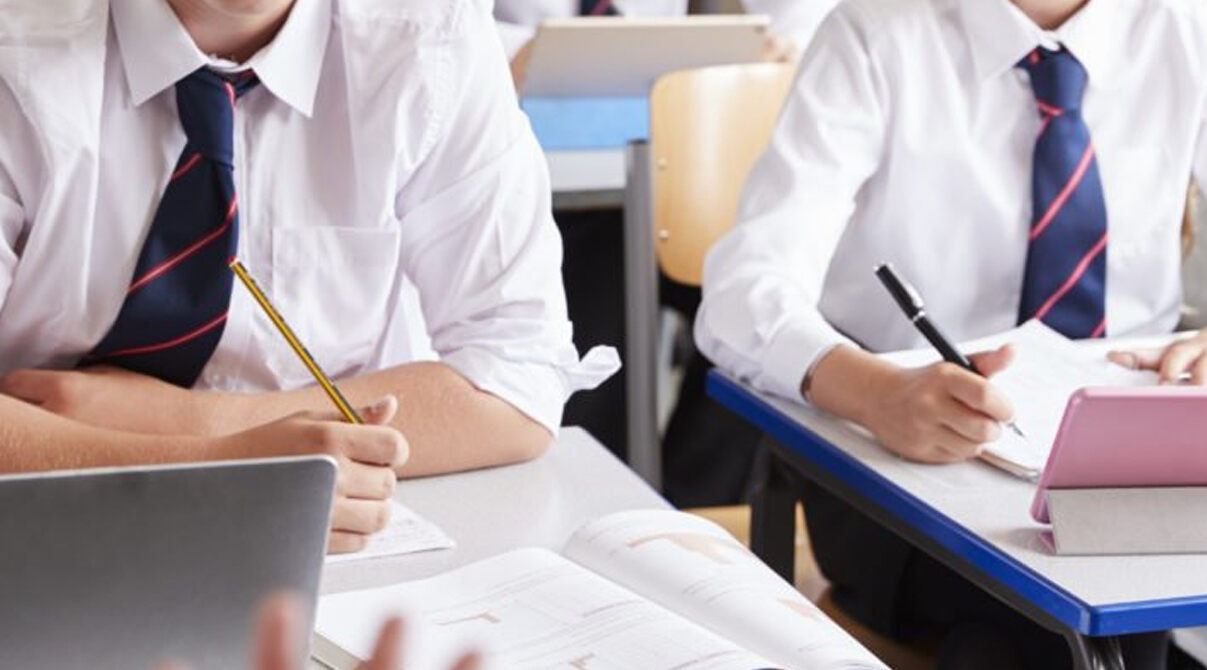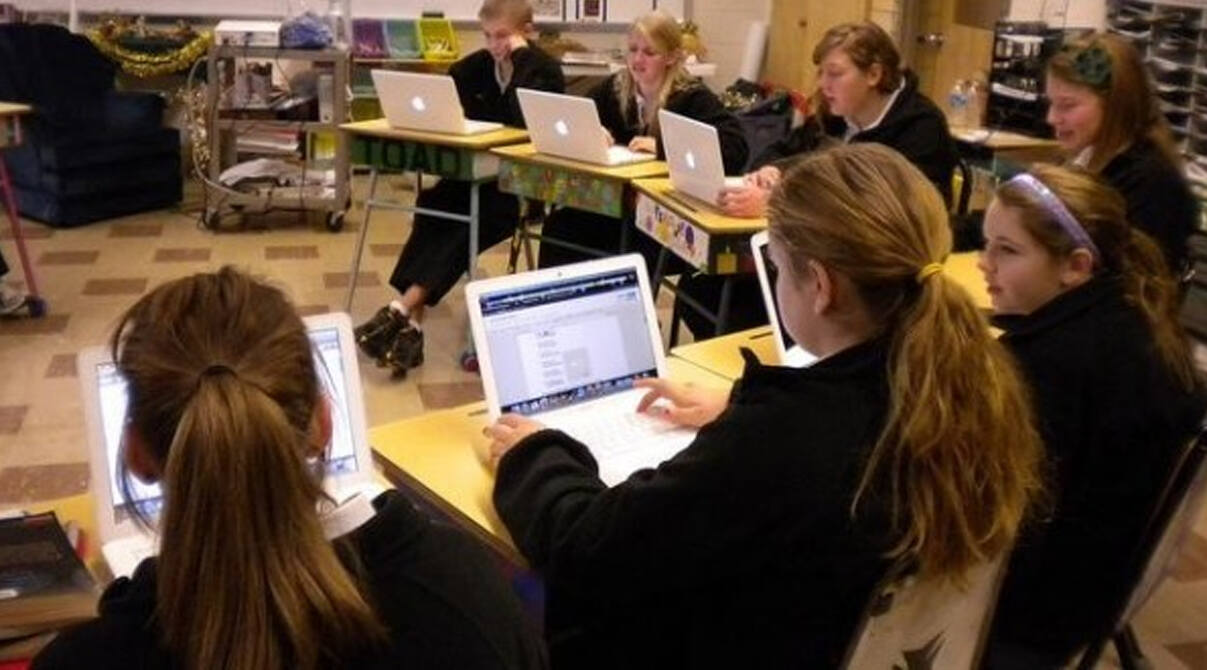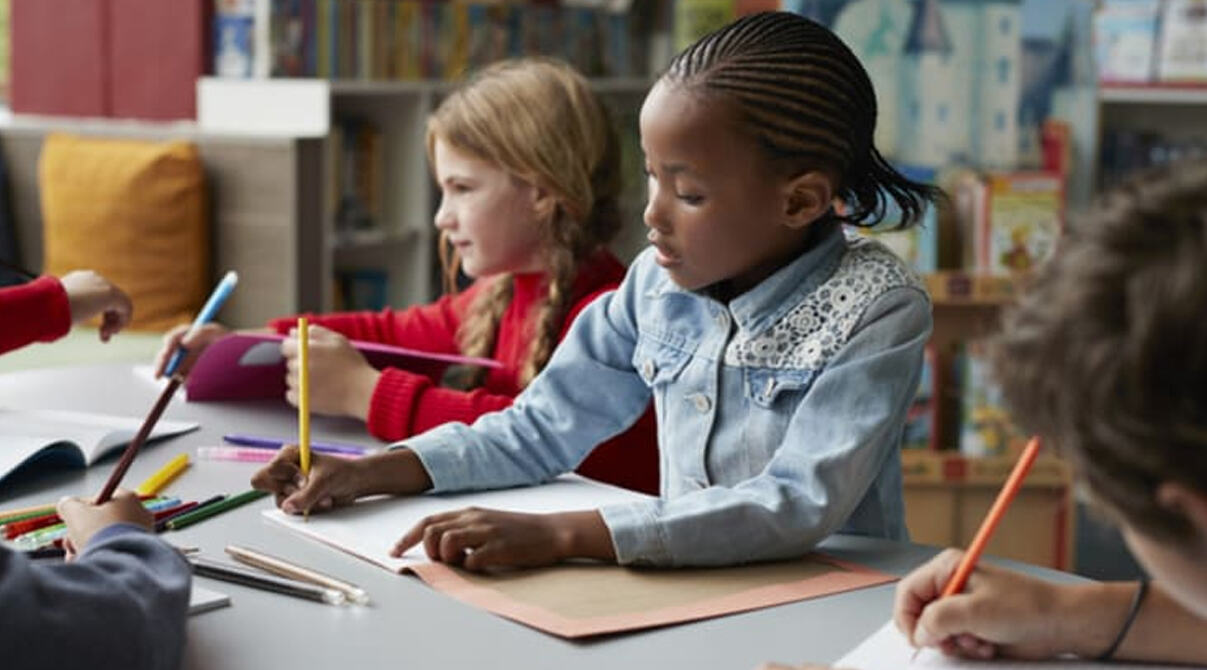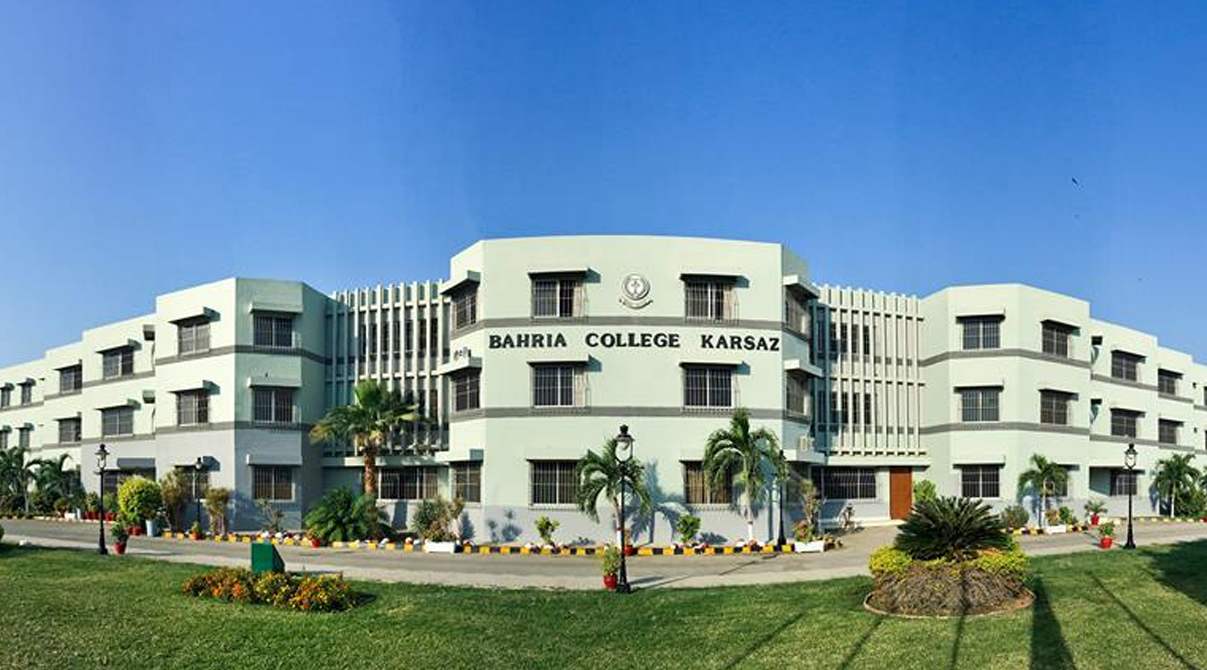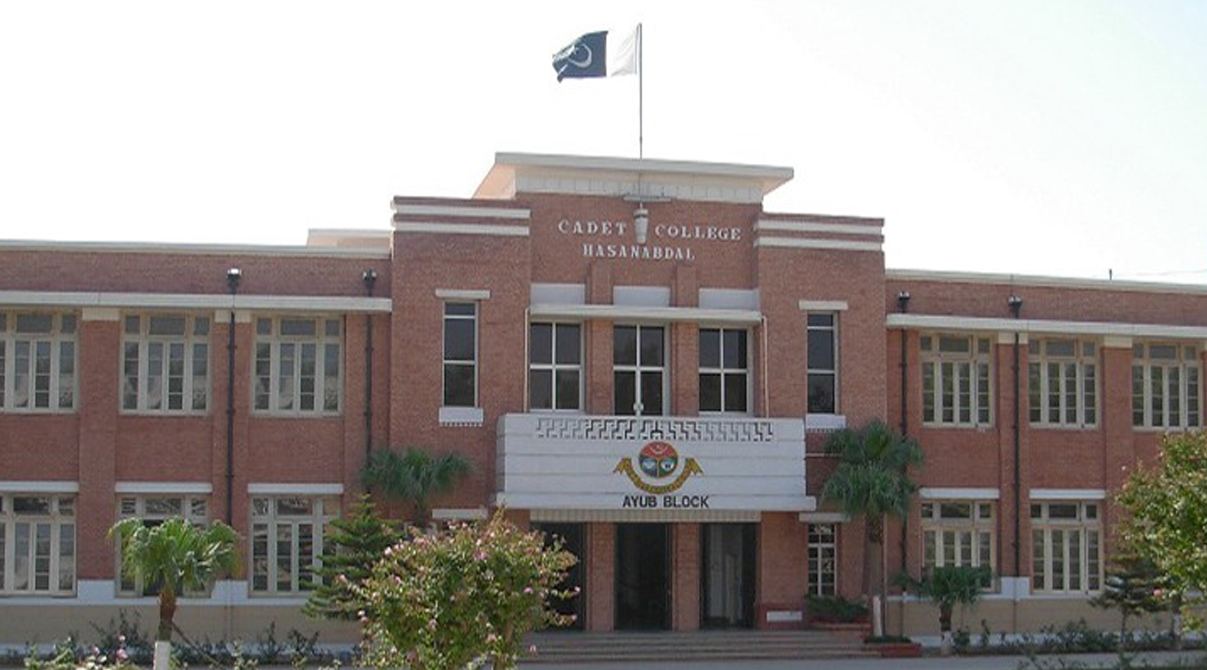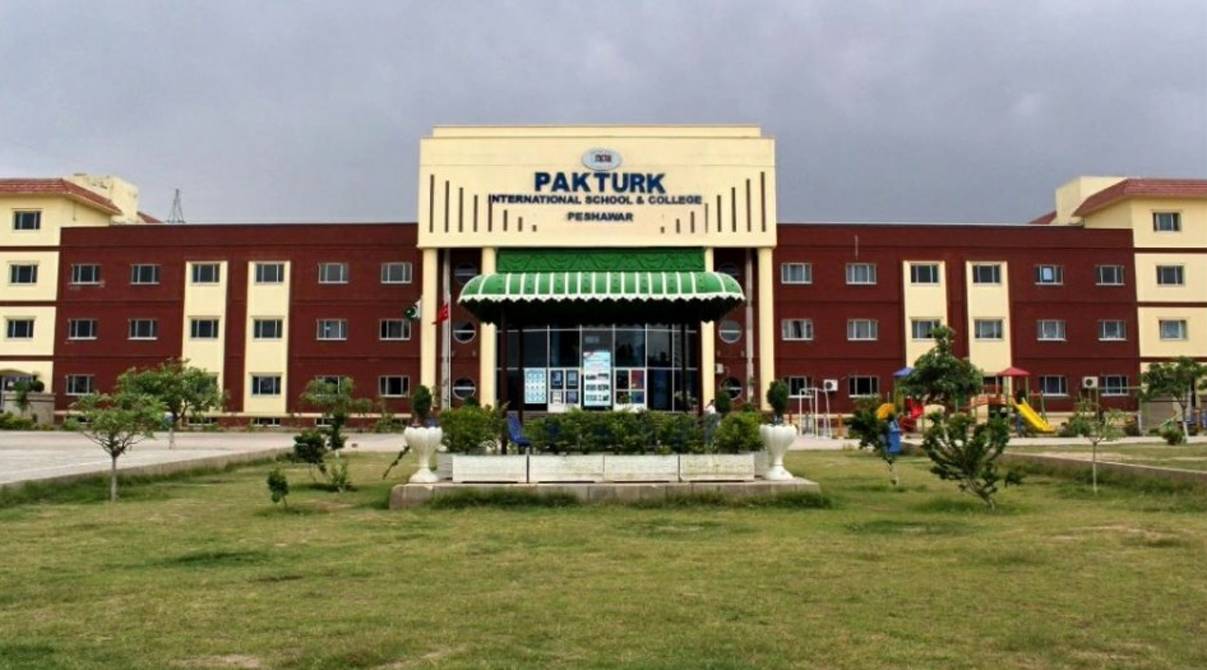Private schools differ considerably from public schools in regards to cost. While public schools are owned and operated by the government and require a specific amount of funding. Private schools are set up to cover operational costs through tuition revenue. Although, the cost is one of the main differences between the two kinds of institutions. Private schools may have some distinct advantages.
Keep reading to learn more about public vs private schooling system in Pakistan and some of the key advantages they can offer.
Public vs Private Schooling in Pakistan
Pakistan is a country with an aging population. And its schooling system is in desperate need of reform. The education system that has been in place for years is failing to keep up with the needs of an ever-changing society. Moreover, it’s estimated that over 25 million children between the ages of 5 and 16 are not enrolled in school. This means that almost one-third of Pakistani children are not receiving the education they need to prepare them for life after school.
The problems plaguing Pakistan’s schooling system are numerous. These range from low literacy rates, inadequate resources, overcrowded classrooms, outdated curriculum materials, and a lack of qualified teachers. Furthermore, gender disparities remain a major issue. As girls represent only half the enrollment rate at all levels of primary education. While public schools often continue to have most of these problems. Many private schools have upgraded their standards of education to avoid these issues.
What are Private Schools?
Private schools offer a unique educational experience that differs from the traditional public school system. Private schools have many advantages, such as smaller class sizes and more individualized learning plans. They also provide higher quality teachers and curriculums tailored to the specific needs of their students.
Private schools are typically funded by tuition payments, donations, or endowments. This allows private schools to have more control over their budget. It also helps create a learning environment best suited to the student body they serve. Private schools often provide additional resources outside of classroom instruction. For instance, access to extracurricular activities, special programs for gifted students, and technology-based learning tools, are not found in many public schools. Private school faculty members work together with parents and guardians. They try to ensure the academic success of their students by providing extra support when needed.
What are Public Schools?
Public schools are educational institutions funded by the government that offer schooling from kindergarten to 12th grade. They provide both free and subsidized education to families who cannot afford the cost of private schooling for their children.
Public schools are typically run by local, state, or federal governments and often have a wide variety of curriculum offerings. With increased focus on standards-based learning, public schools are now being held accountable for student achievement. Hence, making it easier for parents to track academic progress and performance. Public schools also tend to be more culturally diverse than private ones. They create an environment in which students can learn about different cultures and develop social skills.
What You Need to Know About Public vs. Private Schooling in Pakistan
The debate between public and private schools has been a long-standing one for parents, educators, and students alike. While both types of schools have their benefits. It can be difficult to decide which type is best suited for each student’s individual academic needs and career goals.
Costs, Discipline, and Facilities
Private schools are often considered to be more strict and demanding than public schools. They can be very expensive and only the upper or elite class can enroll their children in these schools. Additionally, these schools have impressive facilities that rival those of many public schools. Many students attend private schools because of the facilities and high quality of education. They have a more challenging and sophisticated curriculum, tighter disciplinary rules, and stricter compliance with dress codes.
Public schools in Pakistan are funded by the government and usually offer free or inexpensive education. However, there is often corruption within the system. Since government funds are often used to benefit the wealthy rather than the general population. Additionally, public schools often do not offer adequate resources or facilities. It can ultimately lead to students being unable to learn properly. Disciplinary codes are just written on paper and are mostly not followed. This has led to a decline in public school enrollment. Thus, many parents choose to send their children to private schools instead.
Teacher’s Pay, Attention, and School Activities
Private schools have become more popular in recent years, as parents seek full attention for their children. In private schools, the focus is on each student and the teachers are dedicated to giving them the best education possible. Salaries for private school teachers can be very high. As they often receive better benefits and pay than their public school counterparts. Private schools usually have a much shorter time schedule than public schools. Hence, allowing more time for students to participate in extracurricular activities. They conduct regular parent-teacher meetings so that parents can track their child’s progress.
Public schools in Pakistan usually serve middle-class and poor families and some are not according to international standards. Large numbers of students in every class and the deteriorated condition of school buildings and infrastructure often result in overcrowding and poorer quality of teaching. Inadequate resources, such as teachers and textbooks, often lead to deteriorated conditions.
Overly enrolled students often face difficulties with learning and engaging in class discussions. This is because they have little space to move around or learn effectively. Students don’t receive enough attention from teachers. Teachers in public schools receive lower salaries than their counterparts in private schools. Moreover, teachers can sometimes be extremely harsh on students and even abusive, causing many students to quit their education and remain illiterate.
Medium of Instruction & Standard of Education
Private schools in Pakistan are known for their rigorous academic standards. Many of these schools use the English language as the primary medium of instruction. Private schools in Pakistan generally follow the British school system. Many of these schools also offer international curricula, which gives students a well-rounded education.
Public schools in Pakistan have been Urdu medium for a long time. But now, many schools are transforming into English medium. Many schools offer students the opportunity to learn in both Urdu and English. To help provide financial assistance to students who cannot afford tuition costs, these schools may offer stipends.
Additionally, the government has enacted laws that mandate that all schoolchildren must attend public school regardless of their family’s income level. Public schools have a more diverse population of students from different backgrounds and cultures. This gives students an opportunity to better understand different perspectives and cultures.
While the condition of many public schools in smaller cities of Pakistan is continuously degrading. There are still several schools that have maintained high standards of education. These provide all the necessary facilities to students. They bring many extracurricular and co-curricular activities for students and may even sponsor high-performing students in sports and other activities. They also have bigger libraries and better labs in comparison to private schools. The reason being many private schools might not get good sponsors to fund them. These public schools easily beat private schools and usually have high merit. Therefore, these enroll only those students with good academic performance.
Related: Best Montessori Schools in Karachi
Top Public and Private Schools in Pakistan
Pakistan is home to some of the best public and private schools. From top-ranked international schools to small rural institutions, Pakistani students have access to a range of quality educational opportunities. The country’s diverse population also provides for a rich cultural learning experience. Here are some of the top schools in Pakistan that are worth considering for your child’s education:
Army Public Schools
One of Pakistan’s largest educational institutions, the Army Public Schools & Colleges System (APSACS), offers instruction up to the intermediate level. With the oversight of 18 Regional Directors, the APSAC System runs in 18 districts across Pakistan. It has 146 branches in all of the nation. The APSACS Secretariat acts as the main organizing body and regulates the technical elements of the system. Rawalpindi X Corps (Pakistan) Region is the system’s largest region. The area is home to 37 schools and colleges (registered With the APSACS Secretariat).
The Federal Board of Intermediate and Secondary Education is linked with the Army Public Schools and Colleges. APSACS are semi-private schools and colleges. The majority of the course is delivered in English. However, since Urdu is the official language of Pakistan and the nation’s laws are based on Islamic principles. Urdu literature and grammar, as well as Islamic Studies, are taught in these schools.
Bahria College Pakistan
From kindergarten through the HSSC/A-level, students can receive an education there. It has three sections: a Montessori section, a primary section, and a secondary section (Boys wing, Girls wing and Cambridge wing). A vice principal is in charge of each wing and section.
Major decisions and commands are made under the direction of Commander North and Naval Headquarters. While the college is managed by the Pakistan Navy. It contains playgrounds, activity rooms, a giant stadium, a large hall, a modest mosque, a canteen, a medical clinic. Moreover, it has its own bus fleet in addition to well-equipped labs, libraries, and classrooms. The Shanawar, a magazine produced by the college, is released once a year.
Army BurnHall College for Girls
The Army Burn Hall College for Girls is located in Abbottabad, a gorgeous and mesmerizingly lovely city. Since its founding in 1943, ABHC for Girls has efficaciously maintained its academic excellence. As a result, it has helped the nation produce an exceptional breed of brilliant, self-assured, and diligent people in every field.
It is one of the few, top-ranking conventional classic public schools with a curriculum that includes Cambridge classes and extends from Pre-Montessori to Masters Level. The Junior Section, which includes Pre-Montessori through Class VI, is co-educational and features a great hostel for boys. After that, provided they meet the established standards, the boys pursue their studies at ABHC for Boys.
Army Burn Hall College for Girls is, undoubtedly, one of Pakistan’s most esteemed educational institutions. It is a one-of-a-kind provider of quality education for girls from Pre-Montessori to postgraduate studies. The reason Burn Hall is the finest option is that it emphasizes character development, academic success, and social grooming at all levels.
Related: Ministry of Education To Digitize ICT School
Cadet College Hassan Abdal
In 1952, Pakistan’s Cadet College, Hasan Abdal, opened its doors. It was started by General Muhammad Ayub Khan, who was the Commander-in-Chief of the Pakistan Army at the time. It was formed by the Punjab government to act as a feeder institution for the Services Academies.
In addition to preparing boys for the secondary school and intermediate exams given by the Board of Intermediate and Secondary Education Rawalpindi, the college also prepares them for the General Certificate of Education “O” Levels and “A” Levels, which have a structure akin to the GCSEs and “A” levels used in the UK. Some cadets prepare for the matriculation exam or the F.Sc (pre-medical as well as pre-engineering). Each level requires students to take English, Urdu, Islamiyat, Pakistan studies, mathematics, physics, chemistry, and biology; several other courses (such as computer science) are also taught at various levels.
The college has a mosque, a two-story education building, a college hall, six boarding wings, two cadet mess halls, a pool, a hospital with 16 beds, an administration building, a workshop, and a hobbies building. There are two squash courts, numerous football, hockey, and cricket fields, as well as a riding arena, among the sports facilities. The college provides housing for the administrative and instructional employees that are employed there. All six of the college’s wings are situated around an oval ground in the centre. The oval is surrounded by a road, or “Scholar’s Walk,” as the BOGs refer to it. It is a cricket field with floodlights put all over to allow for nighttime cricket matches.
Garrison Academy for Boys
A premier institution of the Lahore Garrison Education System, the Garrison Academy for Boys (GAB), is situated on Tufail Road in Lahore Cantt. Lt Gen F. S. Lodhi, the 4 Corps commander at the time, set the building’s cornerstone in June 1983, and Mr. Muhammad Nawaz Sharif, the Punjab chief minister at the time, officially dedicated it. It is conveniently situated in the centre of Lahore Cantonment and is reachable via Sarwar Road and Tufail Road from all parts of the city. Only scientific studies are offered at Garrison Academy for Boys from sixth grade through tenth grade.
The Federal Board of Intermediate & Secondary Education FBISE, Islamabad, and the Directorate of Federal Government Educational Institutions (Cantt / Garrison) are both partners in the management of the Garrison Academy for Boys (GAB), Lahore Cantt. The GAB, Lahore Cantt, has amenities such as a cafeteria, science laboratories, a library, sports stadiums, a first aid center, an auditorium, and large class rooms.
Beaconhouse School System
An extensive private school network called the Beaconhouse School System is present throughout Pakistan. Nasreen Mahmud Kasuri, the wife of former Pakistani Foreign Minister Khurshid Mahmud Kasuri, founded it as the Les Anges Montessori Academy for infants in Lahore, Pakistan, in November 1975. It has since spread to a variety of nations, including Belgium, Malaysia, Oman, Pakistan, the Philippines, Thailand, the United Arab Emirates, and the United Kingdom. In certain nations, its functions go beyond schooling.
With its activities going beyond education, it serves the educational and training needs of a sizable and diversified population of people from various ages, socioeconomic backgrounds, and nations. The Beaconhouse group is conceivably the broadest school network of its sort in the world, with over 315,000 full-time students across eight nations. For its students to engage in peer interaction at conferences, workshops, and contests, BSS organises foreign trips. More than 1300 BSS students representing Pakistan have gone abroad to take part in programmes there.
These programmes not only give students a high-quality education, but they also help them gain experience and self-assurance. They gain knowledge of many cultures, traditions, and histories through their interactions with other pupils and individuals. Students who are interested in games have a lot of room to practice and study thanks to the school infrastructure. School helps children become fit, confident, and well-adjusted by preparing them for participation in physical activities and sports.
Lahore Grammar School
Lahore Grammar School (LGS) is a leading school in Pakistan, with campuses located in various cities throughout the country. It was established in 1979 and has since maintained an excellent reputation for providing quality education to students from all backgrounds. With its focus on preparing students to become successful citizens of Pakistan, LGS provides an environment where students can explore their interests and develop their skills through academics, extracurricular activities and community service.
At LGS, teachers are passionate about helping each individual student reach their full potential. They emphasize creating an atmosphere of learning that is both stimulating and supportive. Through well-planned curricula and engaging teaching methods, LGS ensures that every student receives a comprehensive education grounded in the subjects of science, mathematics, language arts and social studies.
Related: Zindagi Trust Partners with TikTok for Digital Safety Workshops in Govt Schools
Aitchison College
Aitchison College, located in Lahore, Pakistan, is one of the most prestigious educational institutions in the country. Established in 1886 as a part of the Punjab Chief’s College, Aitchison College has since grown to become a leading provider of education for boys between grades 1-12. The college strives to provide the highest quality education and offers a curriculum that includes a wide range of subjects from science and math to humanities and languages.
The college also emphasizes extracurricular activities such as sports and clubs that allow students to develop their interests outside of academics. A variety of competitive sports are offered at Aitchison College including cricket, hockey, squash and football. Additionally, co-curricular activities like debating societies are available for those who wish to hone their public speaking skills or participate in mock parliamentary debates.
The City School
The City School is one of the leading educational institutions in the country. Established in 1978, it has been providing quality education to its students for over four decades. It has grown exponentially and now operates more than 300 branches across 90 cities in Pakistan, making it one of the largest school networks in the region.
The City School offers a comprehensive education curriculum that includes both academic and extracurricular activities. It is committed to providing an environment where students can grow into well-rounded individuals who can make meaningful contributions to society. The school’s focus on innovation and creativity has seen many of its graduates go on to become successful professionals and entrepreneurs. Its alumni have made an impact both nationally and internationally, gaining recognition for their accomplishments and achievements.
Roots Millennium School
Roots Millennium School, Pakistan is leading the way in providing quality education to its students. Established in 2001, this institution has quickly become one of the most respected educational institutions in the country. The school offers primary and secondary education with an emphasis on developing a life-long love of learning among its student body.
With an emphasis on encouraging intellectual growth and exploration, Roots Millennium School provides students with knowledge and skills that will help them face the challenges of today’s ever-changing world. Through their innovative ‘360Learner’ approach, they provide excellent instruction through interactive teaching methods and activities to ensure every student gets a holistic learning experience. Additionally, their collaboration with various universities from around the world allows for global exchange programs where students can benefit from international interaction.
Karachi Grammar School
Karachi Grammar School (KGS) is an iconic institution in Pakistan that dates back to 1847. It is located in the bustling metropolis of Karachi and it has become one of the leading educational institutions in the country. The institute has been providing quality education to children since its inception and it continues to be a benchmark for excellence in academics, sports, and extracurricular activities.
KGS offers a wide range of courses ranging from primary level up to college-level classes, making it accessible to students from all backgrounds. Apart from offering traditional academic courses like Science, Maths and English, KGS also provides students with the opportunity to explore their creativity through various arts programs such as music and drama.
Abbottabad Public School
Abbottabad Public School (APS) is a school located in the city of Abbottabad, Pakistan. The school was founded in 1950 and has since established itself as one of the leading educational institutions in the region. It is known for its strong academic standards and its commitment to holistic education with an emphasis on character building and extracurricular activities.
APS offers a wide array of courses at different levels including secondary, higher secondary, O-Levels and A-levels. In addition to that, it provides students with a platform to explore their potential through various sports activities such as cricket, football, volleyball etc., as well as music classes and art clubs. APS also ensures that all students receive quality education by having access to modern facilities such as libraries, laboratories and computer centers which are kept up-to-date with the latest technological advancements.
Dar-e-Arqam Schools
Dar-e-Arqam Schools are a leading network of Islamic schools based in Pakistan. The network was founded in 1995 with the aim of providing quality education for children living in rural and urban areas across the country. It has since become one of the largest private school networks in Pakistan, with more than 700 branches located across major cities and small towns.
Dar-e-Arqam Schools follows a unique educational model which blends traditional Islamic values with modern pedagogical concepts. The school’s curriculum is based on various international standards, with an emphasis on teaching religious principles as well as core subjects such as math, science, language arts, history and social studies. Students also have access to extracurricular activities such as sports.
Pak-Turk International School
Pak-Turk International School is an educational institution that has been serving the global education community since 1992. It provides comprehensive education to students from pre-school to college level, offering a wide range of subjects and courses. The school prides itself on its commitment to quality and international standards, as well as its focus on holistic learning for each student.
For those seeking a high-quality education with a global perspective, Pak-Turk International School is the perfect choice. All of their teachers are highly qualified and experienced in their respective fields, enabling them to provide an excellent learning experience for students. They also offer extra curricular activities such as music classes, sports teams and clubs which allow students to learn more about different cultures while also honing their skills in different areas.
Related: Top 10 Pakistani Startups in Education
A Final Thought
In conclusion, public and private schools in Pakistan offer different benefits to students. While public schools are very low-cost, they typically lack the resources and quality of education that can be found in a private school. Though there are some major exceptions, public schools where funds are rightly utilized, provide students with high quality education. Private schools generally provide more rigorous academic programs with higher-level resources, as well as extracurricular activities and additional support services for their students. However, the cost associated with attending a private school is often prohibitive for many families.
Ultimately, both public and private schools have their merits; it is important for parents to weigh these options carefully when making an informed decision about which is best for their child’s educational needs. Consideration should also be given to the local community when making this decision; some communities may not have access to good quality public or private schooling options available nearby.
